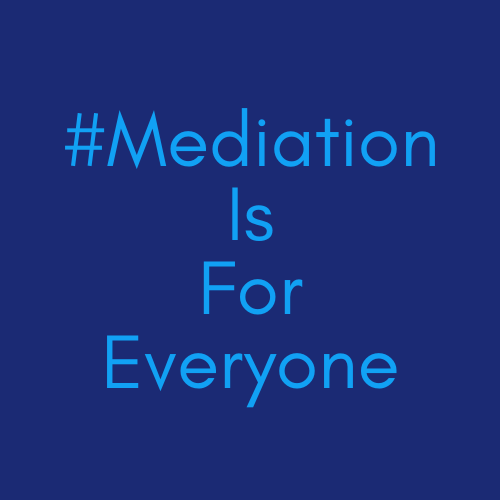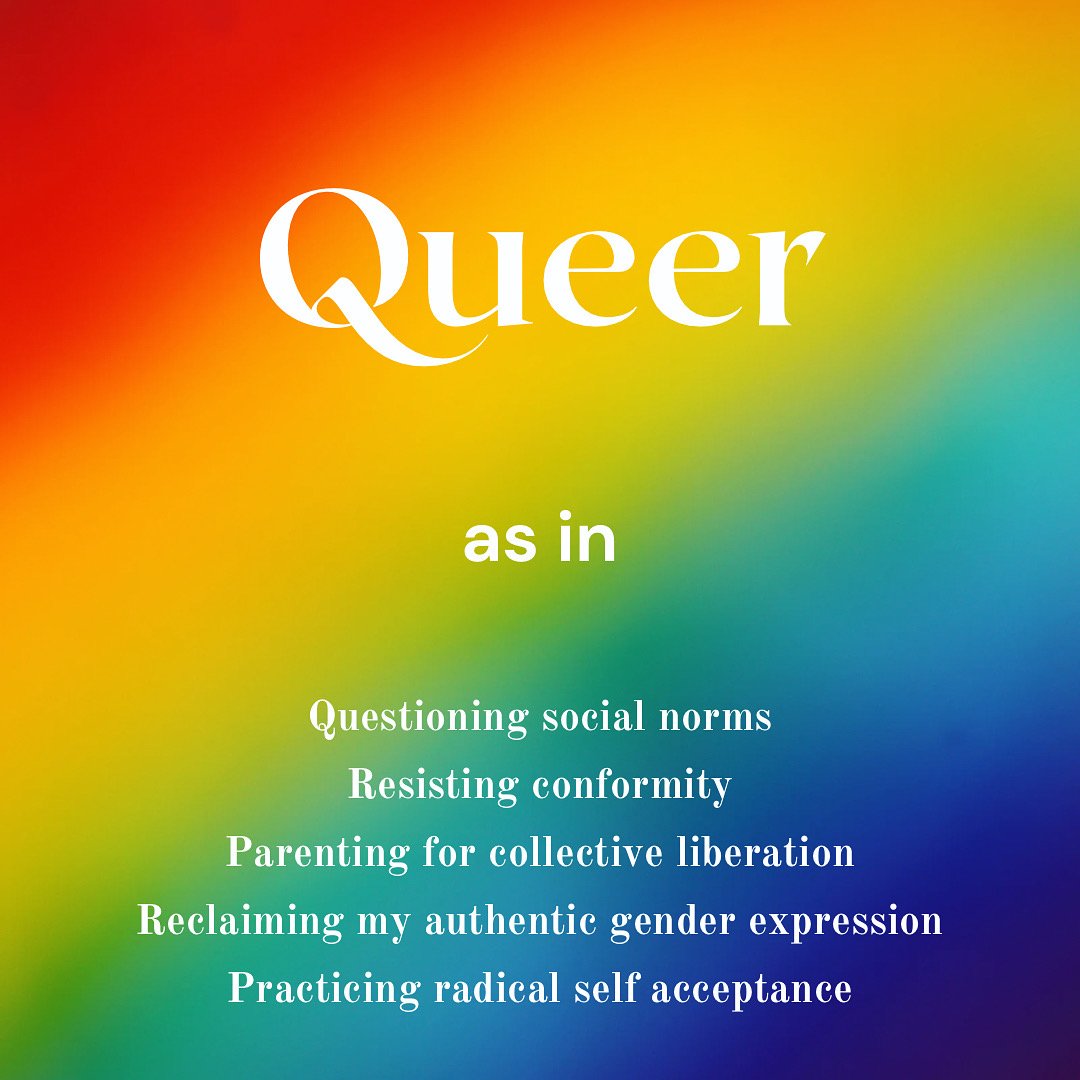Or so says Heraclitus. (I had to look up that reference in order to give credit, but I’ve known the saying for years.)
On my better days I can embrace the spirit of this truism, feeling in flow with the constant evolution of life. And in my more rigid moments I resist the reality of continual change, grasping for a structure or a system that will deliver me to a mythical final destination. That mythical destination where my house is always clean (ha!), there’s always food in the fridge, the meals are always planned, my kids are always satisfied, and the money is always flowing in and out in balance.
Of course I know it’s ridiculous to imagine I could arrive to this fantastical alternate reality. And the truth is, I wouldn’t really want to. So much of the beauty and joy of life comes from the change and the evolution. Being in relationship with my kids as they grow and change. Sharing greater intimacy with friends as we witness each other’s trials and tribulations, commiserating and celebrating along the way. Experiencing deeper knowledge and understanding in my work as I make mistakes and dive into new challenges.
Have any of you read The Parables (Parable of the Sower and Parable of the Talents) by Octavia Butler? (If you haven’t yet, I seriously recommend you get on that. Your library probably has them, or you can buy them HERE.) The sacred text from that story called The Book of the Living, includes this foundational verse, ‘God Is Change’.
“All that you touch, you change. All that you change, changes you. The only lasting truth is change. God is change.”
I’m not a religious person, but I’m also not atheist or agnostic. So I enjoy exploring non-dogmatic philosophies about God, like this one. And I also enjoy using this verse by Butler to bring me back into flow. To not just tolerate the constancy of change, but to lean in and embrace it. To seek change, to be in dialogue with change, to shape change.
Much of the change that we experience is outside of our control - a loved one’s sudden illness, the loss of a job, natural disasters. But finding a sense of agency within the change is where I like to be. And of course the locus of my agency is always around myself - my own thoughts, feelings, and behaviors. I cannot control others, I can only choose for myself.
I can choose my priorities, my perception, and my response. I can choose who to be in relationship with and how, where to expend my energy, and how to express myself.
This summer I’ve taken some time to rest and refocus. I’ve paused in my work to think and tinker and consider how I wish to move forward. I can’t say I have a solid, fully formed plan. (And even if I did, it would probably change!) But I’m embracing intentional change and diving into a season of experimentation, which is sure to bring even more change. And so it goes…
What is your relationship like with change? I’d love to read your thoughts.


